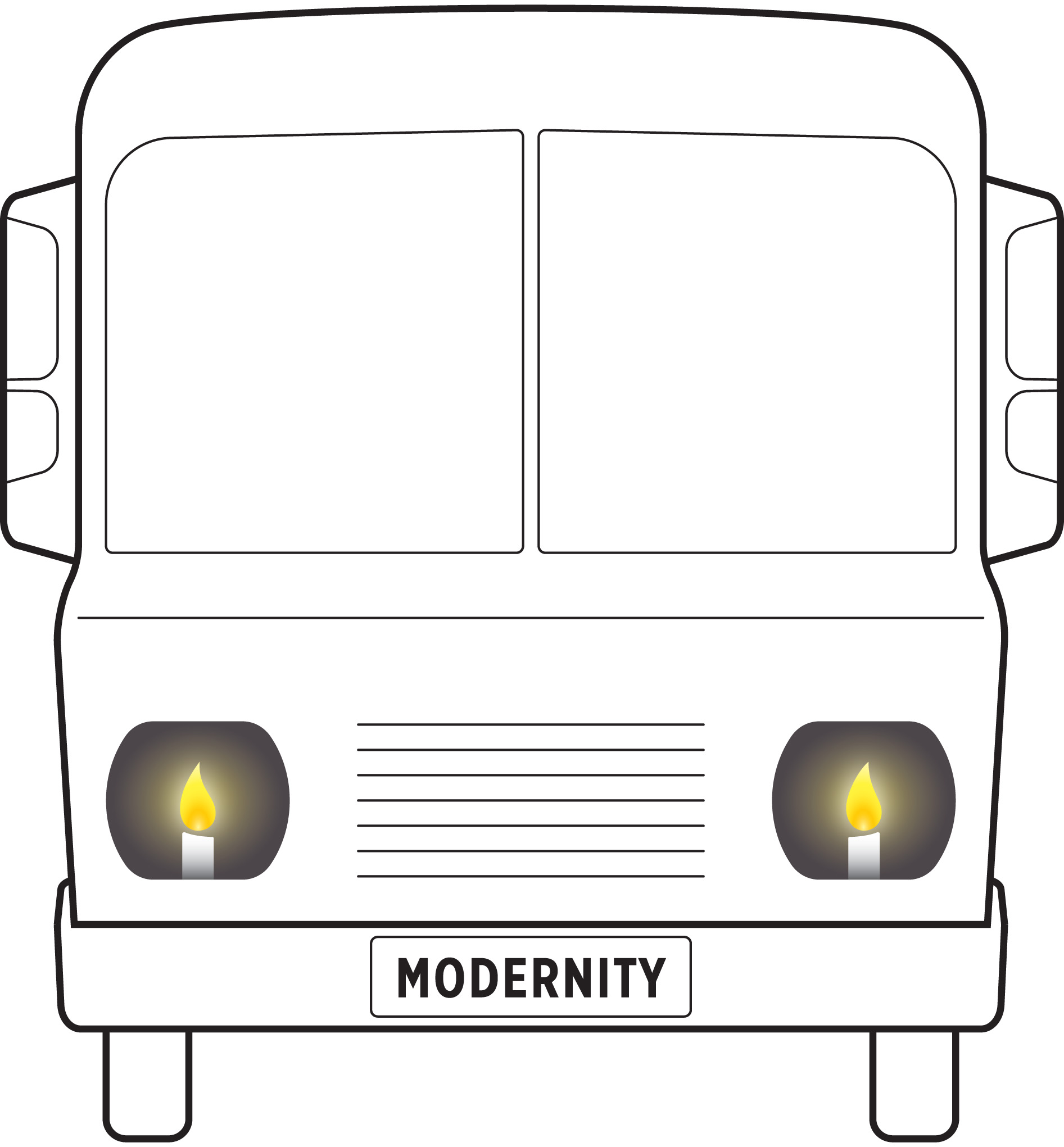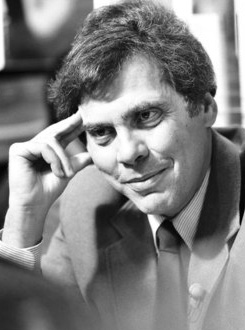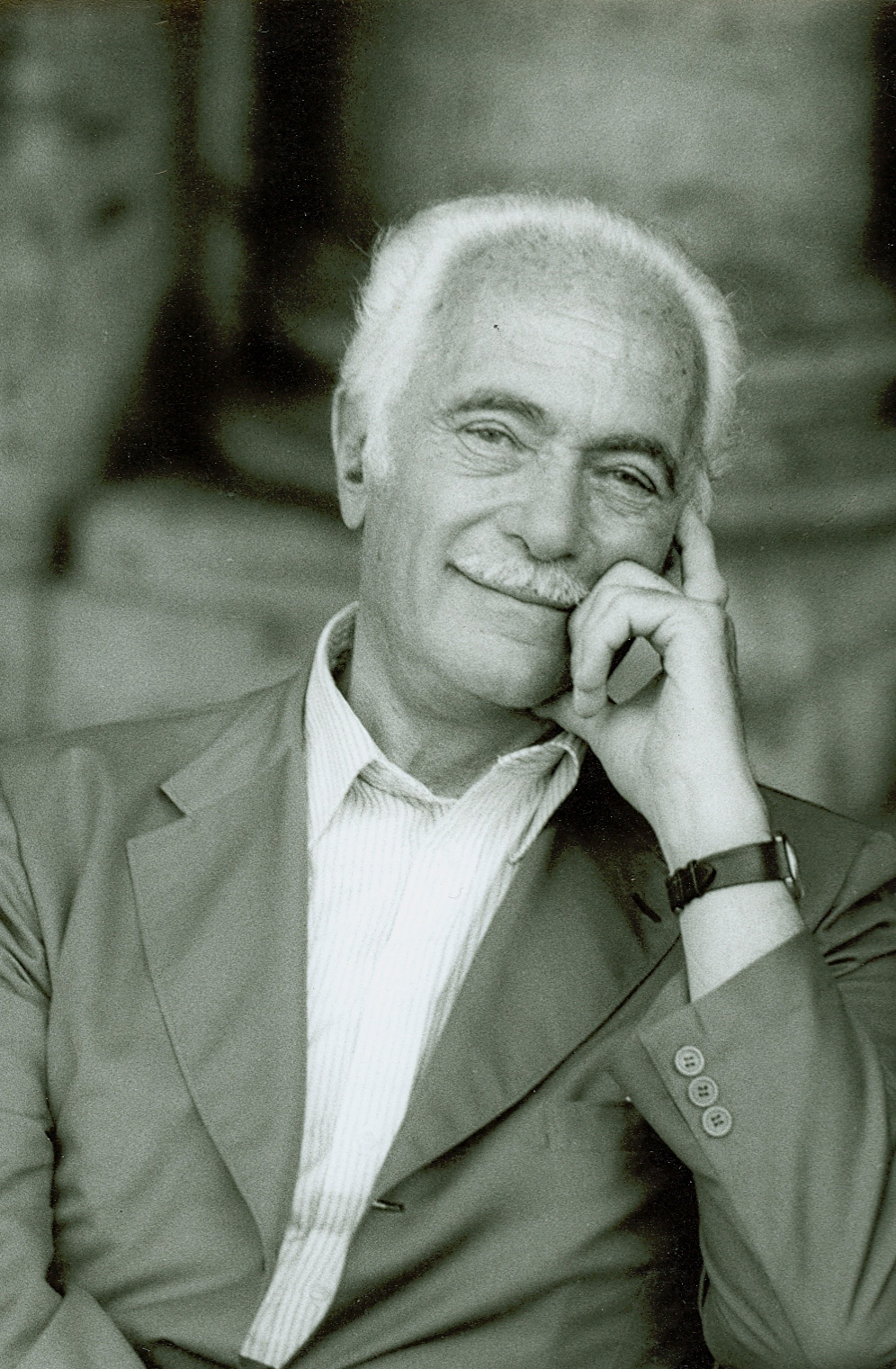Difference between revisions of "Holotopia"
| Line 15: | Line 15: | ||
<div class="row"> | <div class="row"> | ||
| − | <div class="col-md-3"><h2> | + | <div class="col-md-3"><h2>Our proposal</h2></div> |
| − | |||
| − | |||
| − | |||
| − | |||
| − | |||
| − | |||
| − | |||
| − | |||
| − | |||
| − | |||
| − | |||
| − | |||
| − | |||
| − | |||
| − | |||
| − | |||
| − | |||
| − | |||
| − | |||
| − | |||
| − | |||
| − | |||
| − | |||
| − | |||
| − | |||
| − | |||
| − | |||
| − | |||
| − | |||
| − | |||
| − | |||
| − | |||
| − | |||
| − | |||
| − | |||
| − | |||
| − | |||
| − | |||
| − | |||
| − | |||
| − | |||
| − | |||
| − | |||
| − | |||
| − | |||
| − | |||
| − | |||
| − | |||
| − | |||
| − | |||
| − | |||
| − | |||
| − | |||
<div class="col-md-6"><h3>We are proposing to <em>create</em> new 'headlights'</h3> | <div class="col-md-6"><h3>We are proposing to <em>create</em> new 'headlights'</h3> | ||
| Line 90: | Line 37: | ||
<div class="col-md-3"></div> | <div class="col-md-3"></div> | ||
<div class="col-md-7"> | <div class="col-md-7"> | ||
| − | <p> | + | <p>Knowledge federation can be understood as the principle of operation of an entirely different pair of 'headlights'—by which the above purpose is achieved.</p> |
| − | < | + | <p>Political federation combines smaller political units together, to give them visibility and impact. <em>Knowledge federation</em> does that to information. As our logo suggests—<em>knowledge federation</em> means 'connecting the dots'.</p> |
| − | |||
| − | <p> | + | <p>By 'connecting the dots', we can reach a new insight—and see an issue or a situation in a new way, which reveals how it may need to be handled. And by creating prototypes—we can give information a way to impact reality directly.</p> |
| − | |||
| − | |||
| − | |||
| − | |||
| − | |||
| − | |||
| − | |||
| − | |||
| − | |||
| − | |||
<h3>We have created a prototype</h3> | <h3>We have created a prototype</h3> | ||
| Line 148: | Line 84: | ||
<p>Why did Peccei's call to action remain unanswered? Why wasn't The Club of Rome's purpose—to illuminate the course our civilization has taken—served by our society's institutions, as part of their function? Isn't this already showing that we are 'driving with candle headlights'?</p> | <p>Why did Peccei's call to action remain unanswered? Why wasn't The Club of Rome's purpose—to illuminate the course our civilization has taken—served by our society's institutions, as part of their function? Isn't this already showing that we are 'driving with candle headlights'?</p> | ||
| + | </div> </div> | ||
| − | < | + | <!-- XXX |
| − | |||
| − | |||
| − | |||
| − | |||
| − | |||
| − | |||
| − | |||
| − | |||
| − | |||
| − | |||
| − | |||
| − | |||
| − | |||
| − | |||
| − | |||
| − | |||
| − | |||
| − | |||
| − | |||
| − | |||
| − | |||
| − | |||
| − | |||
| − | |||
| − | |||
| − | |||
| − | |||
| − | |||
| − | |||
| − | |||
| − | |||
| − | |||
| − | |||
| − | |||
| − | |||
| − | |||
| − | |||
| − | |||
| − | |||
| − | |||
<div class="row"> | <div class="row"> | ||
Revision as of 09:30, 12 July 2020
Contents
Holotopia
Imagine...
You are about to board a bus for a long night ride, when you notice the flickering streaks of light emanating from two wax candles, placed where the headlights of the bus are expected to be. Candles? As headlights?
Of course, the idea of candles as headlights is absurd. So why propose it? Because on a much larger scale this absurdity has become reality.
The Modernity ideogram renders the essence of our contemporary situation by depicting our society as an accelerating bus without a steering wheel, and the way we look at the world, try to comprehend and handle it as guided by a pair of candle headlights.
Our proposal
We are proposing to create new 'headlights'
The core of our knowledge federation proposal is to change the relationship we have with information.
What is our relationship with information presently like?
Here is how Neil Postman described it:
"The tie between information and action has been severed. Information is now a commodity that can be bought and sold, or used as a form of entertainment, or worn like a garment to enhance one's status. It comes indiscriminately, directed at no one in particular, disconnected from usefulness; we are glutted with information, drowning in information, have no control over it, don't know what to do with it."
Knowledge federation can be understood as the principle of operation of an entirely different pair of 'headlights'—by which the above purpose is achieved.
Political federation combines smaller political units together, to give them visibility and impact. Knowledge federation does that to information. As our logo suggests—knowledge federation means 'connecting the dots'.
By 'connecting the dots', we can reach a new insight—and see an issue or a situation in a new way, which reveals how it may need to be handled. And by creating prototypes—we can give information a way to impact reality directly.
We have created a prototype
What consequences will knowledge federation have? How will information be different? How will it be used? By what methods, what social processes, and by whom will it be created? What new information formats will emerge, and supplement or replace the traditional books and articles? How will information technology be adapted? What will public informing be like? And academic communication, and education?
The substance of our proposal is the Knowledge Federation prototype—a complete and academically coherent answer to those and other related questions. An answer that is not only described, and explained, but also and implemented—in a collection of real-life embedded prototypes.
An application
The Club of Rome's assessment of the situation we are in, provided us with a benchmark challenge for developing the Holotopia prototype. Four decades ago—based on a decade of this global think tank's research into the future prospects of mankind, in a book titled "One Hundred Pages for the Future"—Aurelio Peccei issued the following warning:
"It is absolutely essential to find a way to change course."
Peccei also specified what needed to be done to "change course":
"The future will either be an inspired product of a great cultural revival, or there will be no future."
This conclusion, that our present crisis has cultural roots and must be handled accordingly, Peccei shared with a number of twentieth century's thinkers. Arne Næss, Norway's esteemed philosopher, reached it on different grounds, and called it "deep ecology".
In "Human Quality", Peccei assessed our contemporary situation as follows:
"Let me recapitulate what seems to me the crucial question at this point of the human venture. Man has acquired such decisive power that his future depends essentially on how he will use it. However, the business of human life has become so complicated that he is culturally unprepared even to understand his new position clearly. As a consequence, his current predicament is not only worsening but, with the accelerated tempo of events, may become decidedly catastrophic in a not too distant future. The downward trend of human fortunes can be countered and reversed only by the advent of a new humanism essentially based on and aiming at man’s cultural development, that is, a substantial improvement in human quality throughout the world."
The Club of Rome insisted that lasting solutions would not be found by focusing on specific problems, but by transforming the condition from which they all stem, which they called "problematique".
Federating Peccei
We conceive the Holotopia prototype as a way to federate The Club of Rome's vision and mission.
Why did Peccei's call to action remain unanswered? Why wasn't The Club of Rome's purpose—to illuminate the course our civilization has taken—served by our society's institutions, as part of their function? Isn't this already showing that we are 'driving with candle headlights'?



